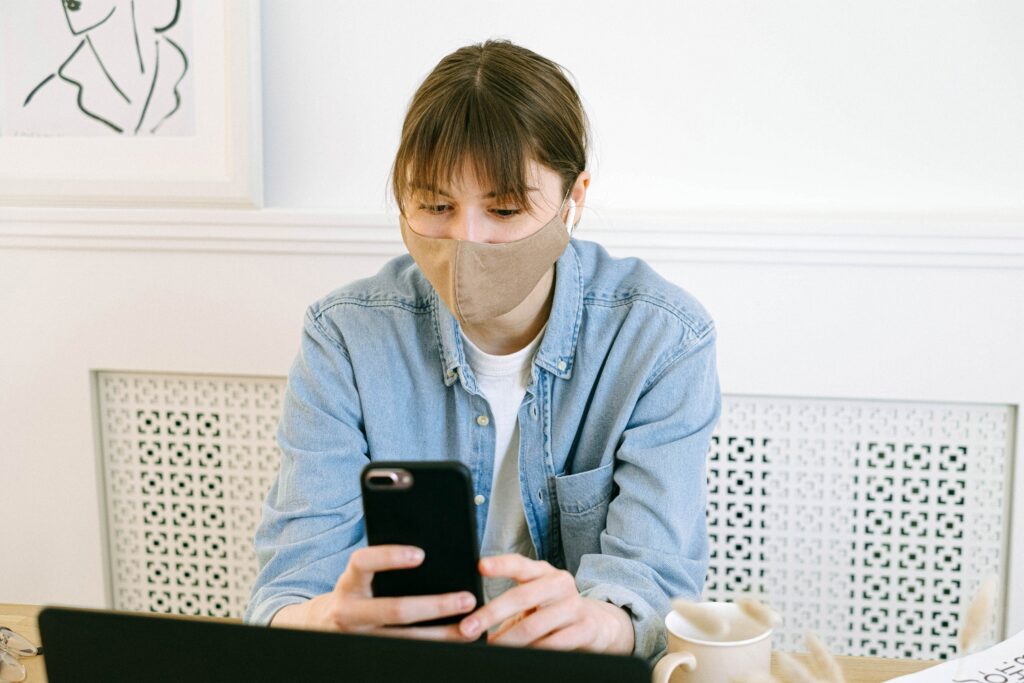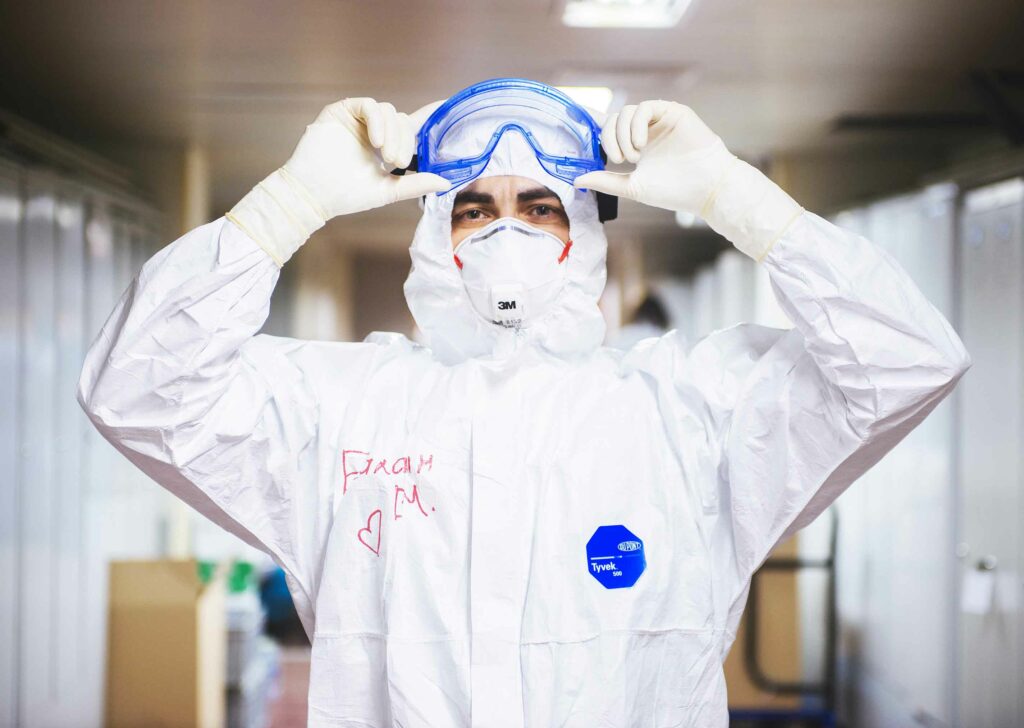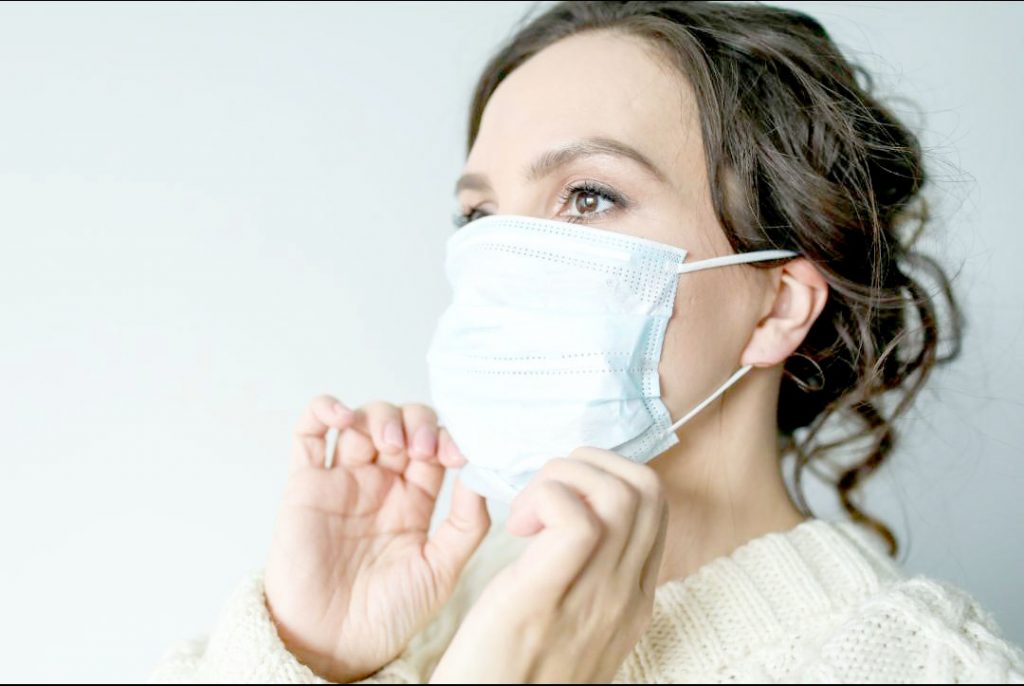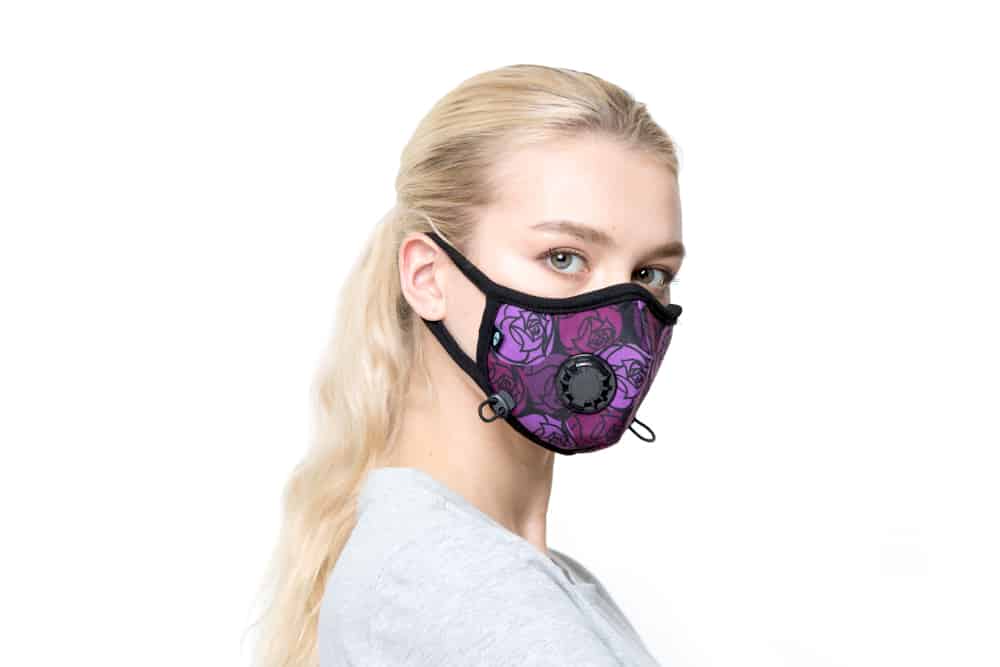
Face Mask vs Face Covering…Which One Will You Choose?
The rise in coronavirus cases across the globe and as government officials continue to promote the wearing of face coverings as an effective way to prevent the spread of Covid-19, has led to a rise in companies making face masks. While there are a number of different options available, from light-weight face masks designed for exercise purposes such as running to more fashion trendy designs, a new report says the most effective face masks are of course the ones with authentic certification.
There is no doubt that some mask suppliers are more scrupulous and professional than others and unfortunately many other brands know very little about the masks they sell or how efficient they actually are in terms of protection. Some make big claims about their products without the certification or testing to support what they are saying; these are the ones you need to watch out for!
We believe it is important to educate on the difference between the different types of masks out there on the market so as to ensure you have the full knowledge before purchasing. Below, we’ve highlighted the differences between face coverings, face masks and PPE, encouraging you to find out how to choose the right mask for your specific needs and circumstances right now.
FACE COVERINGS
Commonly used but can only protect from droplets, disputes about efficiency
These products are designed to safely cover the mouth and nose. Reusable and single-use face coverings are available. Some people also use bandanas, scarfs and home-made coverings, but some of these are more effective than others. Whatever covering you use must fit around the side of your face securely or it may prove ineffective at protecting you. These coverings can only protect you from droplets.

PPE
PPE stands for personal protective equipment. It is designed to protect you against risks, particularly at work. Although the term PPE can be used to describe items like gloves, safety footwear and helmets it can also mean covid-related items like face masks and coverings. To qualify as PPE, items have to meet specific international technical specifications and be recommended by the World Health Organisation (WHO).

FACE SHIELDS
Cover the entire face though infectious droplets can still travel underneath
Face shields are designed to cover the entire face and protect wearers from various infectious fluids including saliva, droplets and blood. These shields often come in the form of plastic visors. Unlike face coverings and masks, they can also protect the eyes from infection and stop you from touching your face. Some people like to wear face shields because they enable them to communicate with their mouth and lips. There have been many disputes over whether face shields can fully protect you from infections such as coronavirus as the virus could travel through into the air under the mask.

FACE MASK
Greater protection than face coverings, tougher materials, must meet specific standards, built with special filters
For a product to be officially declared as a face mask, PPE definitions must be met. Cotton and surgical face masks can provide much greater protection than face coverings, covering more of the face and allowing you to benefit from stronger, safer materials. The difference between full and half mask respirators is that the former cover the whole face.

Cambridge Mask PRO
Respirators (PPE) with UK military grade filtration technology, filter out pollution particles such as PM10, PM2.5 and PM0.3 as well as bacteria and viruses. Certified EN149 standards for CE in the European Union.



